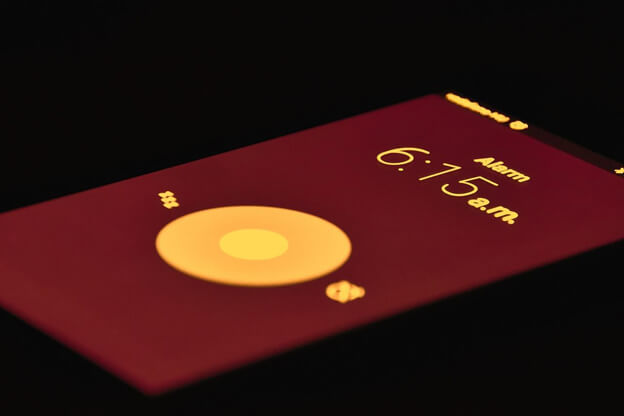News & Blog
Resources and Articles on Aviation
What Happens After Your Home Alarm is Triggered?

We know that home security systems are designed to protect us from intruders… but how does it all work? Understanding the process of communication from your home, the security company, and the proper authorities will get you closer to a decision regarding your choices for home security, and allow you to use your system smartly.
After The Alarm Is Triggered
An entire timeline of events, all connected and happening in a cresending order like a tumbling row of dominos, begins from the first moment your alarm is triggered. Denver Burglar alarm systems don’t all work the same, but the communication process is pretty similar from brand to brand.
Phase One
Initially, a time delay countdown will begin on your alarm system, allowing you to have the time to put your code into the security system to disarm it. If this doesn’t happen, the security providers will be contacted and transferred to your personal phone.
During this step, you can confirm the status of the triggered alarm. By talking with your security provider, you can be informed about any instances where the alarm was triggered. The first step in handling a triggered home alarm is by communicating with the security provider.
Phase Two
Next, the police will be contacted. Sometimes this happens at the same time as your communication with the provider. Other times, it will happen first, especially in the instance that you have video monitoring. You can choose to have that streamed to the local police, so they can be sent within moments of the alarm being triggered.
Once the police are contacted, a few patrol squads will be sent to investigate the intrusion. It’s always best to be there when this happens, to answer questions, give a statement, or explain the mistake, if it was a false alarm.
Phase Three
The final step is all about how you handle the situation. Gather evidence, such as saving the recorded video monitoring streams, logs of the break-in, and information from your security provider. Once you can process all of this and hand it off to the authorities, the sooner the issue can be resolved.
You can handle the rest of the incident like you would with any other crime committed against you. Alerting insurance agencies if you have renters or home insurance, loss prevention experts for your company, and lawyers to help get to the bottom of it.
Things To Consider
The variables in the communication process after a triggered home alarm alert is what will sway your decision on a home alarm system. A few things to consider:
- How fast will the alarm reach the police?
- How frequent is the potential for false alarms?
- How long are the video monitoring feeds saved?
- How fast is police response time?
- How does the security provider handle false alarms?
- What measures are in place to help prevent false alarms?
These important bits of information will impact your security and the way you react to triggered alarms.
